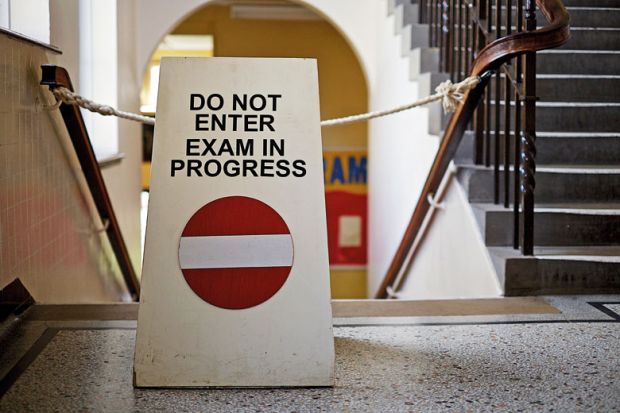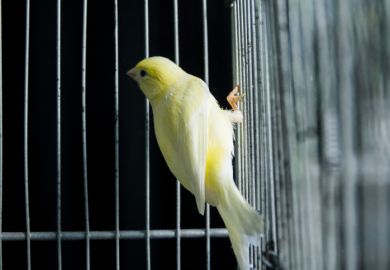Student exams are likely to be disrupted after the University and College Union announced that its members will stage a two-day walkout over pay later this month.
Lecturers and other higher education staff will hold a two-day strike on 25 and 26 May in protest at the offer of a 1.1 per cent pay increase for 2016-17, the UCU announced on 9 May.
Further strike days may also be held in June and July if employers do not improve their current pay offer, said the union, which is also asking staff not to undertake overtime or voluntary duties under a “work to contract” action starting on 25 May.
The union is also considering whether to take action in August to coincide with A-level results day and university clearing.
The decision to hold the two-day walkout – which will fall in the middle of most universities' exam seasons – was taken by the UCU’s national representatives on 6 May after 65.4 per cent of those voting in a ballot backed strike action.
Some 77.3 per cent also voted for action short of a strike in the ballot, where turnout was 35.5 per cent.
It followed what the UCU called a “marginally improved” offer – via the Universities and Colleges Employers Association – of a 1.1 per cent pay increase for 2016-17, up from 1 per cent.
The union had originally called for a 5 per cent increase.
Sally Hunt, the UCU general secretary, described the 0.1 percentage point increase as an “insult”, saying that “employers need to come back to the table with a much improved offer if they wish to avoid significant disruption to students in the coming months”.
“Industrial action that impacts on students is never taken lightly, but staff feel that they have been left with no alternative,” said Ms Hunt.
“Members in higher education have sent a clear message to employers that, after six years of real-terms pay cuts amounting to 14.5 per cent, they will not tolerate a continued squeeze on their income,” she added.
An improved offer is “clearly affordable” given the total surpluses of £1.85 billion posted by the sector in 2014-15, the union has said.
However, Ucea has argued that the final pay offer amounts to an average sector increase of 2.7 per cent once progression pay was included, and was “at the absolute limit of affordability and the very best that will be available”.
A Ucea spokesman said that “the vast majority of staff in higher education institutions understand the reality of the current [funding] environment and do not support action that could harm both their institutions and their students”.
“Ucea and higher education institutions are dismayed that the UCU has targeted students from the very outset of pay discussions,” he added, saying that “one trade union [was] on a path to try and cause disruption”.
While the industrial action was “entirely lawful”, universities would have “no choice but to deduct full pay from any member of staff taking strike action”, Ucea added.
POSTSCRIPT:
Print headline: Strike over pay to hit exam time
Register to continue
Why register?
- Registration is free and only takes a moment
- Once registered, you can read 3 articles a month
- Sign up for our newsletter
Subscribe
Or subscribe for unlimited access to:
- Unlimited access to news, views, insights & reviews
- Digital editions
- Digital access to THE’s university and college rankings analysis
Already registered or a current subscriber? Login




